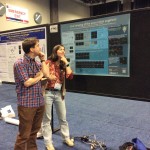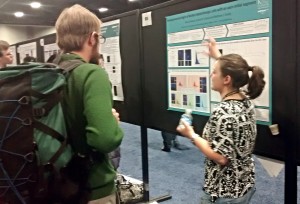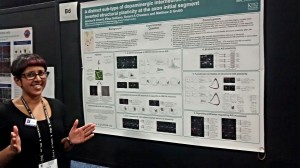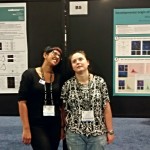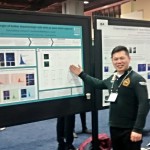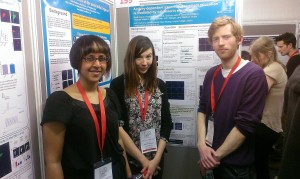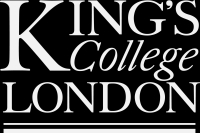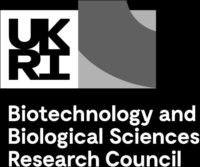Our main news this month is that Annisa’s paper has been accepted for publication in The Journal of Neuroscience! Entitled ‘A distinct sub-type of dopaminergic interneuron displays inverted structural plasticity at the axon initial segment’, it not only describes different, functionally distinct classes of dopaminergic cells in the olfactory bulb, but also characterises a novel form of plasticity in one of these classes. It was a lot of work from Annisa and Elisa, as well as a significant contribution from our project student Rob Chesters, and they can be rightly proud of what they’ve produced. The manuscript will be Open Access as soon as it’s out, and we’ll post the appropriate link here next time so you can read it for yourselves.
Annisa found out about the paper when she was still in Washington DC, where the lab attended this year’s Society for Neuroscience Annual Meeting. Adna, Annisa and Elisa all presented posters and all were very well received, despite us book-ending the meeting with Saturday and Wednesday afternoon timeslots (we’ll get luckier next time, because we’re overdue on that now…).
Overall the meeting was great, with a nice buzz around the meeting halls, some impressive plenaries, and a lot of really useful contacts made. Plus everyone apart from Matt made the most of being in the US afterwards: Elisa to go and visit her collaborators at Harvard, Adna to scope out potential post-docs in New York, and Annisa went to see the Space Shuttle Discovery.
While we were in DC our newest lab member Darren held the fort admirably, and even generated some quality data! Darren’s on a joint PhD studentship between our department and the SGDP at the Institute of Psychiatry, and in his rotation with us has already demonstrated a knack for patching that means we hope we can persuade him to stick around…
Finally, we’re continuing to spread our influence as widely as possible. Matt recently interviewed to become an inaugural member of the FENS-Kavli Network of Excellence, and spent a fantastic day advising the Theatre-Rites production company on its plans for building a human brain to stick in a puppet. And Elisa was interviewed and accepted as a Brilliant Club mentor, which means she’ll be teaching neuroscience to widen access to university-level education for outstanding pupils from non-selective state schools.

